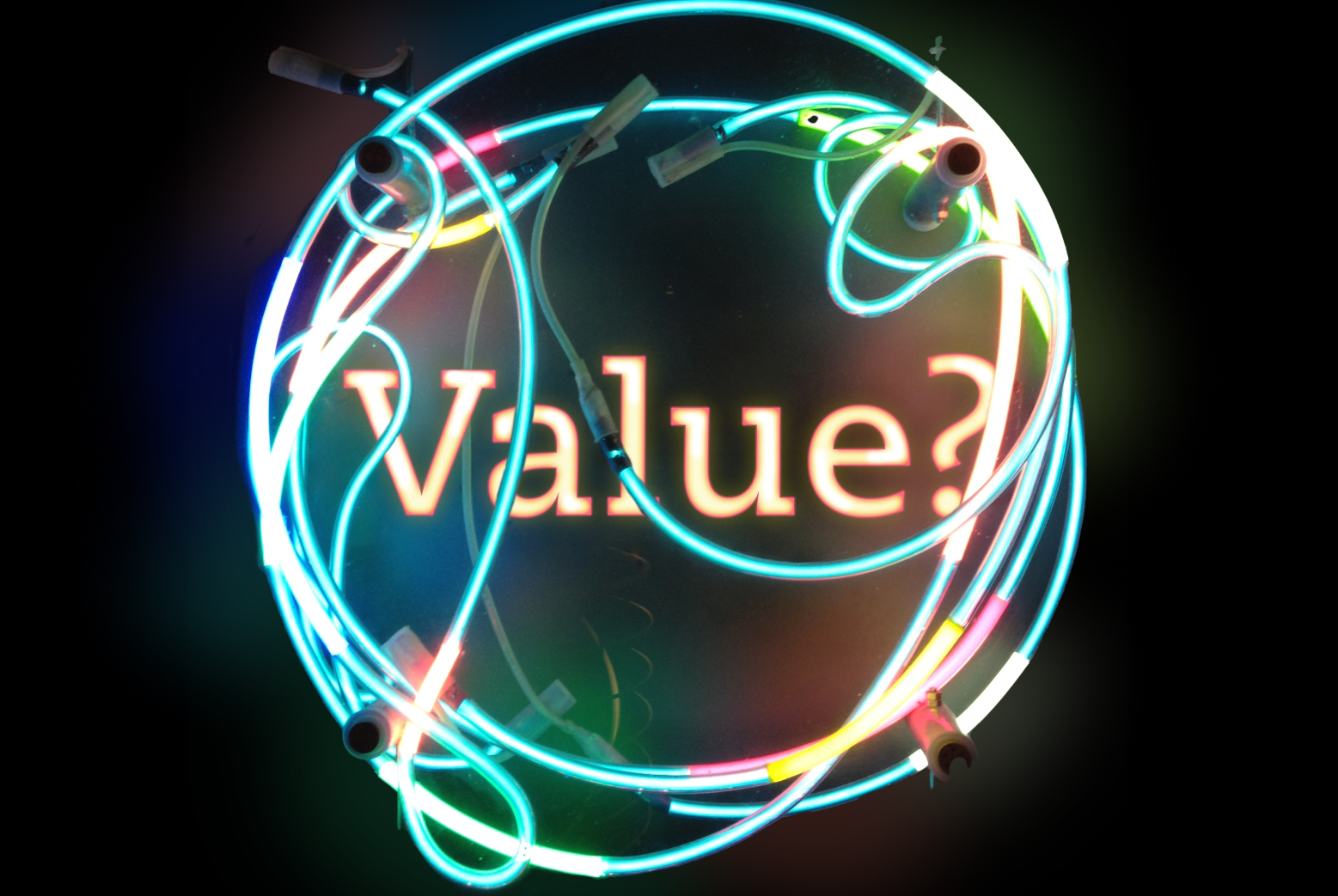People in the cultural sector are feeling under pressure on many fronts, striving to manage precarious financial positions, deliver meaningful social impact and navigate digital change, all while maintaining a bold creative vision. For many of us, the future has never felt so uncertain.
Take the example of AI. People are curious, baffled and nervous. They are aware it brings new opportunities and risks which can’t be ignored but how much time and energy can they spare to explore it?
Policy templates and guidance are not enough
There’s FOMO from some: what if it’s the answer to our capacity woes? Can AI make us money? And resignation from others: it’s too late, The Machine has already ingested our precious data so what’s the point of worrying?
But many are experimenting with AI tools and beginning to integrate them into workflows – sometimes with leadership’s blessing but often quietly, taking an ‘ask-for-forgiveness-not-permission’ approach.
There is some excellent strategic work being done on AI policies for cultural organisations and sound guidance is emerging on tactics for engaging with AI. But policy templates and guidance are not enough.
Doing new things – such as integrating AI into strategy, practice and business models in ethical and purposeful ways – needs time, care and reflection. So how might we best support each other to navigate such big step changes?
Getting real
Over the last 15 years, we have been bringing people together from across the sector to explore shared challenges. Tackling pressing problems, through tailored experimental working, we focus on learning together, learning from others and learning by doing.
From this, we have developed the Let’s Get Real (LGR) model, so named as it grew from the need for organisations struggling with change to face difficult truths about the processes and impact of their work.
Cultural practitioners need space to step outside their reactive everyday modes and interrogate their practice honestly, with permission to try new tactics or investigate hunches. Cultural leaders need to understand and apply the lessons emerging from this reflective process.
Let’s Get Real creates that space – an empathetic, mutually supportive and regenerative environment in which to build capacity and resilience as individuals and as a sector.
Learning by doing
Small-scale, focused and tailored experiments open up big strategic questions. Are audiences really engaging with what we’re producing? What’s the story behind the numbers? Is that process the most efficient way of working, now technology has moved on? Is our approach still relevant? Do we have the right skills and literacies? Is this use of resources the best way to serve our organisational mission? Is there another way?
The light bulb moments come when the process of experimentation, and the conversations around it, yield new data, evidence and insights. These can inform practical courses of action and strategic direction. One small-scale experiment can be a catalyst for short-term change, which can in turn build momentum for new ways of working over the medium and long term.
The speed of change
A fundamental truth of transformation is that technique or technology are rarely the main challenges, it’s the people. More specifically, it’s relationships, rhythms and workplace culture that get in the way of change.
In the case of AI, for example, it isn’t that we lack skilled and literate people – we don’t – but a range of compounding factors means progress can be frustratingly slow. AI technologies are developing very quickly and business models in the commercial sector are responding fast – neither will wait for the cultural sector. We are already playing catch-up, so we must become better at responding to changes in more flexible, purposeful and data-informed ways.
Empathy and peer exchange
The knowledge, data and insight required to drive change is usually close at hand – in our teams, networks or our own experience and skillset. We can struggle to access it due to of a lack of agency or to blocking by complex organisational hierarchies or systems. And often, people are simply over-worked and exhausted, with little capacity or appetite for change.
So, where do we start? Understanding how people – volunteers, staff, leadership and audiences – are feeling and why is vital. In group or learning cohort settings, as advisers, trainers and critical friends, we bring empathy and an emotionally intelligent approach to support individuals’ action research and learning. We can help colleagues understand what needs to change, why and how.
Equally vital is the support, camaraderie and insights people gain and give to their peers in the process of collaborative learning. Nurturing peer learning takes time and effort (and is challenging in online environments), but when connections and exchanges happen, they are invaluable in re-energising people and building confidence.
Heads and hearts
It’s not just the mutual support. Group working in a sensitively structured way also brings a vital diversity of perspectives to problem-solving. This can be particularly rich among a cohort of peers with a great diversity of experience and context but shared challenges, such as working internationally.
Over the past few years, The Audience Agency has hosted a range of international peer and collaborative learning programmes, mostly online. For many, the value of simply sharing problems and solutions beyond their usual networks and over an extended period was transformative:
“Hearing from colleagues how they tackled the same kind of blocks but in such different situations put things in perspective – it gave me new ideas and the courage to give them a go.” [programme participant]
Let’s Get Real about AI
It won’t be a surprise that the theme of our next LGR programme will be AI. This year we explored the added value of digital* and began to ask questions about the impact of AI. The time is now right to get real about the challenges, risks, benefits and opportunities of AI, together.
In the next month, we’ll be announcing our sector partners and calling for expressions of interest. We are looking for up to 20 cultural organisations to put forward two people willing to explore the practical and the strategic implications of AI with us.
From each organisational pair, one participant should be a practitioner, ready to experiment with AI tools with our support, in their own setting. The other should be from leadership to explore the strategic and policy ramifications of AI, drawing from both their colleague’s experimentation and the leadership peers in the cohort.
As ever, we will draw learning and insights from across the group to feed back to the wider sector.
*We’ll share learning from this year’s programme at our Let’s Get Real: Value? conference in Bristol on 24 January 2025.
This article, sponsored and contributed by us, is part of a series sharing insights into the audiences for arts and culture originally published on Arts Professional on 5 November, 2024



